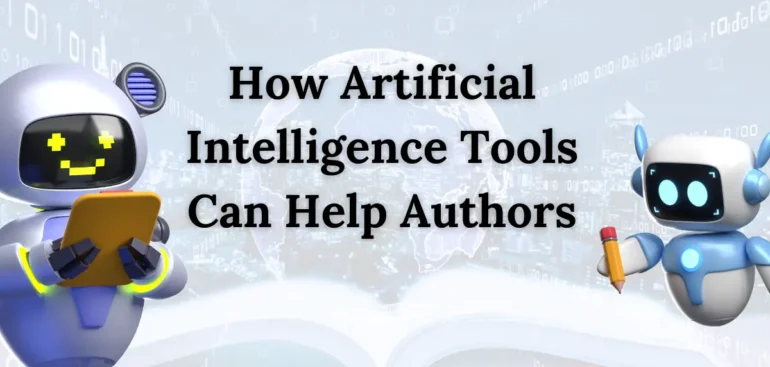Introduction: Writing a book can feel like navigating a labyrinth of complexities. This piece explores 10 essential components that every writer needs to know. These elements—from character development to narrative voice—form a gripping tale that draws readers in and determines the success of your literary project.
Understanding Your Audience and Genre:
Identify your target audience and choose a genre corresponding to your storytelling vision. Reading extensively within your chosen genre provides valuable insights into audience preferences and market trends.
Planning and Outlining:
A clear outline is your guiding compass throughout the writing process. The basis for a compelling and captivating story is laid by a well-structured outline, which includes character profiles and plot details.
Character Development and Point of View:
Paying close attention to detail is necessary to give your character life. Profiles should encompass motivations, flaws, and unique traits while selecting a suitable point of view enhances the narrative depth and reader engagement.
Writing Captivating text: The key to showcasing your story is to capture readers’ imaginations with rich imagery and exciting text. Writing with an active voice, steering clear of clichés, and incorporating engaging conversation improves the writing’s quality.
Editing and Revision: Ruthless editing is essential to refining your manuscript and polishing prose to perfection. Through revision, redundancies can be removed, storylines tightened, and tone and style consistency ensured.
Seeking Feedback and Continuous Improvement:
External feedback from peers and professionals provides invaluable perspectives for refining your work. Accept feedback as a chance to improve, keep improving professionally, and aim for perfection.
Navigating the Publishing Landscape: Explore numerous publishing possibilities, from traditional to self-publishing, learning the intricacies of each option. Learn about copyright regulations, literary agents, and contract negotiations so you can easily handle the publication process.
Marketing and Promotion: To maximize your book’s exposure and reach, you must implement strong marketing techniques. Writing captivating synopses, creating striking book covers, and utilizing social media is essential to effective book marketing.
Persistence and Self-Belief: Writing a book requires strong self-belief and persistence. Accept rejection as a necessary step toward achievement and rejoice in small victories.
Conclusion
In conclusion, writing a book is a complex process full of successes and setbacks. By including these 10 crucial elements in your writing process, you give yourself the resources you need to create an engaging narrative that connects with readers. Never forget that every writer has a different route to take and that the keys to success in writing are tenacity, passion, and dedication. 10 Essential Tips for Authors Crafting Their Book: A Comprehensive Guide
Tips for Success:
- Plan your book carefully, keeping in mind your genre and target readership.
- Write regularly and according to a set writing schedule.
- Accept editing and revision as chances to improve.
- Seek feedback from peers and pros to better your manuscript
- Navigate the publishing landscape with care and educated decision-making.
- To increase your book’s impact and reach, properly market and promote it.
- Cultivate persistence and self-belief, applauding every milestone attained along the road.
Join Our Community:
Join our Writers’ Connection community today to access many resources and networking opportunities. Follow us on social media for the latest updates, trends, and success stories in writing and publishing.
Tell us about your writing and publishing endeavours! We invite featured authors and guest bloggers to share their knowledge and accomplishments. Contact us via email or social media to be included in an upcoming post. 10 Essential Tips for Authors Crafting Their Book: A Comprehensive Guide




